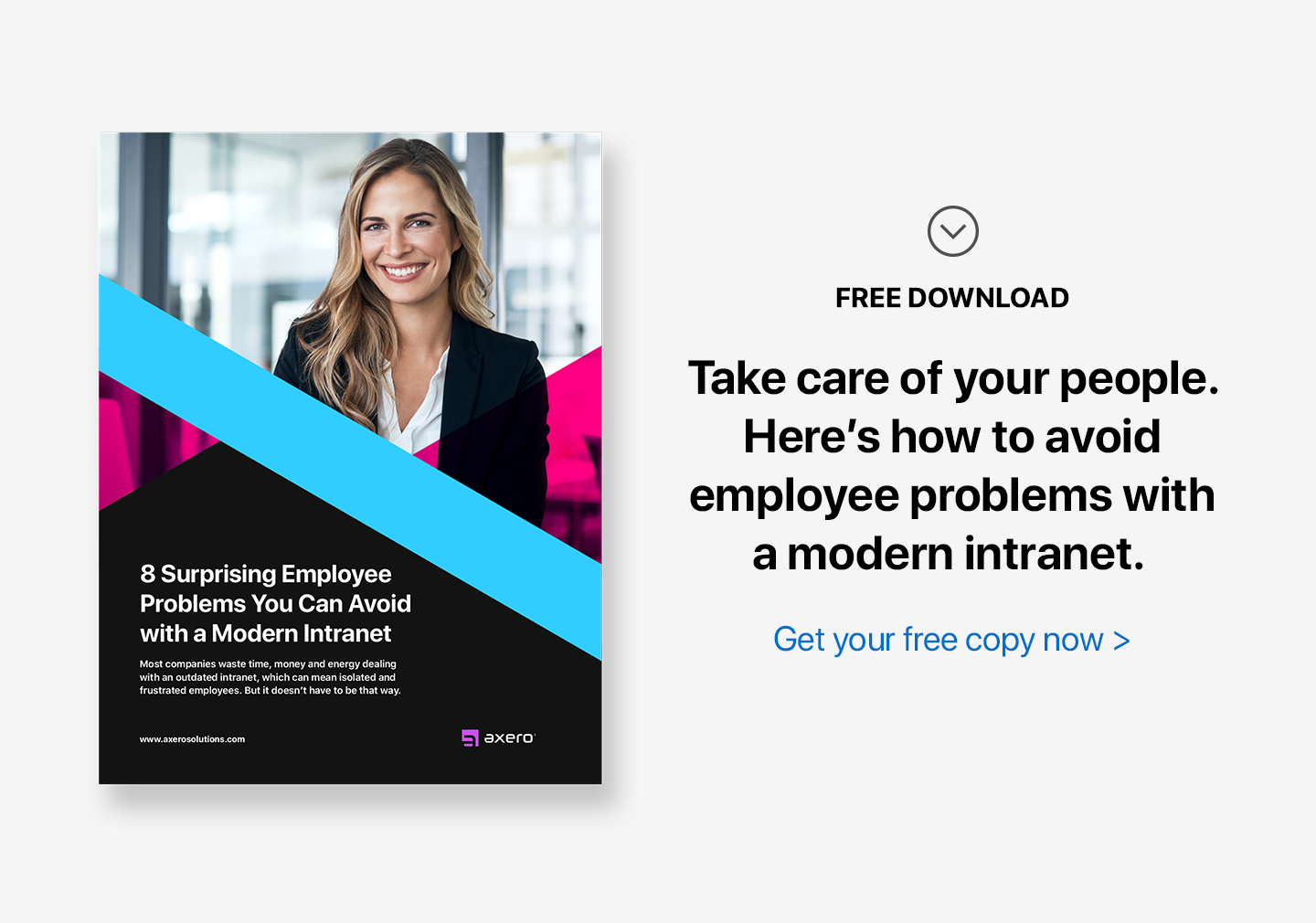
Communication with guests/complaint solving skills.
— Hotel Manager-on-Duty
In the last post, we talked about the rigors of customer service. The hospitality industry—hotels, restaurants, cruise ships, casinos—is one of the toughest places to train a customer-service professional. If you can make it there, you can make it anywhere.
So, how do the best hotel chains train their employees?
Four Seasons Hotels and Resorts need no introduction. But just in case you didn’t know, one of the Four Seasons’ properties in Indonesia, the Four Seasons Resort Bali at Sayan, is no. 1 on the Travel & Leisure’s Top 100 Hotels in the World. It’s the highest ranked major chain on the list. Four Seasons has also been on Fortune’s 100 Best Places to Work for twenty years, most recently (2017) ranked at no. 79.
Four Seasons is off the charts for both customer satisfaction and employee engagement. It has one of the lowest turnover rates in the industry. Interestingly, it’s in private hands—something to think about for you, Wall-street-driven companies—and still run by founder-chairman Isadore Sharp.
So, let’s pretend the Hotel Manager-on-Duty who left today’s comment sat down with Isadore Sharp and asked his advice. Do you know what Sharp would have told him? I know because I’ve read the interview Sharp gave in 2015 to author and consultant Micah Solomon. In the interview, Sharp explains that his business strategy is to compete on service, and his method is the Golden Rule.
Whenever a Four Seasons employee is at a loss for words or complaint-solving skills, he needs to remember one thing: to treat others the way he wants to be treated. Of course, the key to success is not to put this rule into the training manual but to apply it rigorously to every decision. Starting at the top.
Start at the top
When asked about the problems of putting the Golden Rule into everyday practice, Sharp gave this illuminating answer:
“… We had people at the very senior level of this company who didn’t abide by it, so I was personally having a very difficult time because I knew that if these senior employees weren’t going to walk the talk, we would have to separate them from the company. Which is what we ended up doing: Many senior people in this company were terminated because they would give the Golden Rule philosophy lip service rather than sincere attention.” (Micah Solomon, Four Seasons Leader Isadore Sharp: Treat Employees Right So They Treat Customers Right, Forbes, August 17, 2015)
Use a probationary period
If you’re out to build a world-class customer service team, you can’t assume that every successful applicant will be a long-term fit. Give your new hires a chance to prove themselves on the job—or to bail out.
Four Seasons starts every new hire with a 90-day introductory training. If you’ve survived all three training modules, you’re in. And you’re ready for the most critical part of your training.
Treat employees as customers—literally
Every Four Seasons new hire receives a complimentary stay at one of the properties. Sharp believes in giving his employees first-hand experience as guests, before turning the tables.
Of course, this works best once you’ve established the exceptional and consistent customer service throughout the enterprise. Short of that, have a pilot location, where you can teach your employees how to raise the bar. Short of that—hell—book them a room at the Four Seasons!
Promote from within
When you invest in training your people, you don’t want to keep them stuck in a dead-end job—or to lose them to a competitor. You want to give them the best opportunities to grow and contribute.
Four Seasons offers ongoing training to help non-management staff master skills, products, standards, and safety practices. As employees complete the training, they get opportunities to advance.
Train frontline managers
Frontline managers are your employees’ biggest resource—or their biggest obstacle. Wherever a frontline manager lacks in wisdom, skill, or leadership, the whole system breaks down. Four Seasons has created a special program called STEPS to help new managers and supervisors shine in their roles.
While the jobs at your company are industry and role-specific, the people-management component is similar across the board. If you’re looking to create a new training program for your frontline mangers, or improve the one you have, you can look beyond “best in class.” Check out any company you admire in any industry. Chances are, you will find something you can use.
Pride-building perks
Formal training aside, Four Seasons employees get to learn from colleagues around the world, when they visit as guests. Employees and families stay free of charge, and the food is half-off, too.
“… Every employee, after a certain length of time working in the company, has the right to travel free of charge, and they do. Many, many people. I get letters from people who over the years as long-term employees have had the pleasure of visiting more than 20 hotels. They go with their spouses, and they get an experience that’s exactly according to what they themselves have tried to give to their customers.” (Micah Solomon, Four Seasons Leader Isadore Sharp: Treat Employees Right So They Treat Customers Right, Forbes, August 17, 2015)
What is recognition?
The top four reasons customers choose Four Seasons are service, product, location, and recognition. What do they mean by “recognition?”
“… Everybody likes to be treated as an individual, so recognition means that for any customer who has stayed with you before, you find ways to make sure you can acknowledge that, acknowledge their habits and preferences, their guest history with our company. That we know who they are and make sure they are treated as an individual, not as if it’s mass production.” (Micah Solomon, Four Seasons Leader Isadore Sharp: Treat Employees Right So They Treat Customers Right, Forbes, August 17, 2015)
Learn from your customers what they appreciate about your business, and why they chose you over the competition. If recognition is not on the list, perhaps it should be. There are many ways you can work that in. Here is just one example:
A small investment advisory firm installed caller IDs on its phones so that the reps could greet all customers by name. Even if you had never called them before, they would say, “Hi, Tim,” as they pick up the phone. Simple. But it makes you feel like a regular customer already. Brilliant!
Stay for the long haul
Keep in mind that these are not quick fixes. Sharp has invested a good portion of his time into making the Golden Rule a business reality.
“… This isn’t something that can be accomplished by putting up a plaque or making a speech. It took work over many years—I would say a 15-year period. Today with a company of over 45,000 people, there’s no doubt in anybody’s mind that the Golden Rule has been the bedrock foundation that has allowed the company to be recognized for the quality of service that distinguishes us from our competitors.” (Micah Solomon, Four Seasons Leader Isadore Sharp: Treat Employees Right So They Treat Customers Right, Forbes, August 17, 2015)
It’s a long and winding road ahead. But what’s the alternative? If you do nothing or take shortcuts, it will take even longer.
____
If you like the Golden Rule, you might like my book because it’s about companies who have mastered it.











 info@axerosolutions.com
info@axerosolutions.com 1-855-AXERO-55
1-855-AXERO-55


